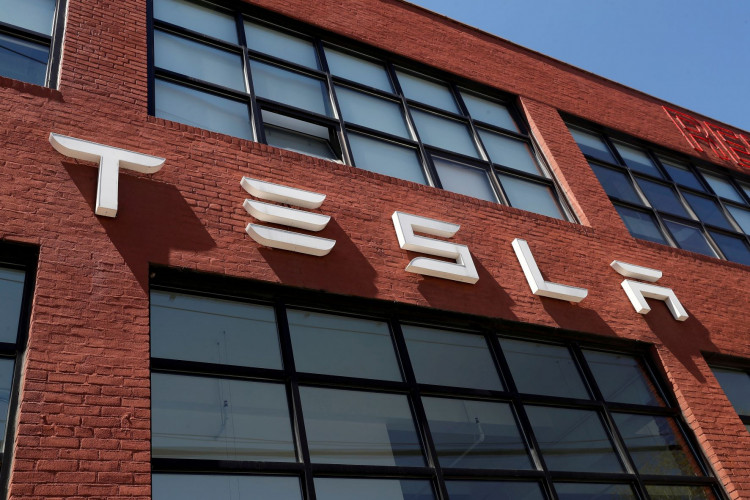A state judge in California has denied Tesla Inc's request to send a lawsuit alleging systemic sexual harassment at the company's flagship assembly factory to private arbitration, allowing the case to proceed in court.
In a brief order issued on Tuesday, California Superior Court Judge Stephen Kaus in Oakland denied Tesla's attempt to compel arbitration.
Kaus stated in a written opinion released on Tuesday that Tesla inappropriately coerced the plaintiff, Jessica Barraza, to sign an arbitration agreement after she had already resigned from her previous position.
Barraza's November lawsuit alleges that workers and supervisors at the Fremont, California plant habitually made obscene remarks and gestures to female employees, and that the company did not respond to complaints.
The complaint is one of at least seven current claims against Tesla in California state court. Kaus is presiding over five further instances of this type. Tesla did not reply immediately to a request for comment.
"Because of this judgement... Tesla will be evaluated in a public courtroom by a jury of Ms. Barraza's peers," Lowe said in a statement.
In addition to the ongoing sexual harassment accusations, Tesla is also facing lawsuits alleging widespread racial discrimination at its operations.
A California judge awarded $15 million to a former factory worker of African descent who said he was subjected to racist comments and graffiti from coworkers.
Barraza's complaint also asserts that Tesla's arbitration clause is unjust since it allows Tesla to file charges against employees for "intellectual property, secrecy, and anti-competitive allegations."
According to the statement, other courts have ruled that a "one-sided exemption from arbitration for the employer's claims, as in Tesla's arbitration provision here, is unconscionable."
Kaus agreed, concluding that Tesla has reserved its right to go to court for claims it is likely to have and that Barraza has been relegated to arbitration for claims she is likely to have, and that the agreement is unreasonable because of lack of mutuality.
Tesla has stated that it does not tolerate harassment and has punished and terminated employees for misconduct.
Meanwhile, after Barraza's complaint, six additional women sued Tesla with similar claims. "At this time, the cases are not being combined," Lowe said.
Separately, a Business Insider report published this week stated that SpaceX paid a flight attendant $250,000 in 2018 to settle a sexual misconduct lawsuit against Elon Musk, who serves as the CEO of SpaceX and Tesla.





